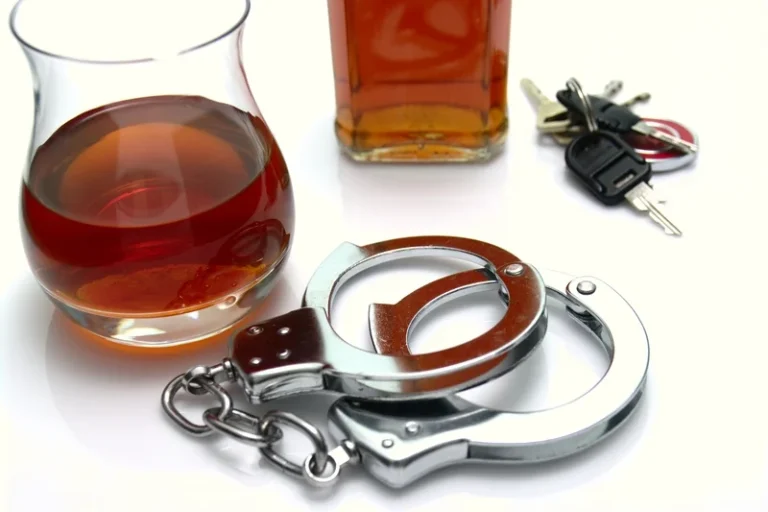
When you become addicted to alcohol or a drug, you have crossed a line; there is something in you that makes you predisposed to the likelihood of this happening again. Addiction is a progressive illness of the mind and body and over any given period of time the sufferer will always get worse, never better. Dealing with life on life’s terms without drink and drugs can bring a whole host of emotions that before you would have numbed with the drug of your choice. This means that coming into recovery, these consequences will have to be faced and dealt with.
An Inability “to Make Recovery the Priority”
Remember, recovery journeys are unique, and what works for one person may not work for another. Find strategies that resonate with you and tailor them to your specific needs. Stay committed to =https://ecosoberhouse.com/ your recovery goals and celebrate each small victory along the way. Seeking professional help and therapy is an important step towards recovery, providing individuals with valuable tools and support necessary for long-term sobriety. Overcoming early challenges involves understanding that the recovery process also gifts the chance for self-understanding. With patience and adequate emotion management, your loved one can feel free in this stage.
Maintaining Sobriety in Early Recovery

Our Certified Recovery Agents can help integrate relapse prevention therapy and coping strategies into everyday life. Finding useful information and resources about addiction or alcoholism can be a minefield. To increase the chance of a successful recovery and life of sobriety it is important to receive guidance from a reliable source. Be mindful that it is normal not to automatically know how to deal with every problem that comes along. That it is normal to have off days where your not feeling so great. Do not feel ashamed if you are finding sobriety tough going, everyone has their struggles.
- The Robert Alexander Center for Recovery is here to assist you on your path to recovery.
- You may even get to the point where you’re lying to them and stealing from them to feed your addiction.
- Engage in activities like art, music, sports, or hobbies that provide a sense of fulfillment and act as healthy distractions.
- This includes relapse prevention plans, alumni support groups, and mental health resources to help you thrive.
- Mindfulness fosters self-awareness and stress reduction, while art therapy provides a creative outlet for expressing emotions and coping with challenges.
We are Here to Help with Early Recovery
Amid early recovery, one of the most transformative steps is building a robust support network that provides unwavering encouragement and accountability. Recognizing the importance of being surrounded by individuals who understand the struggles of addiction, seeking out peer mentorship becomes a cornerstone of the recovery journey. Connecting with mentors who have successfully navigated their paths to sobriety offers invaluable guidance and insights beyond what textbooks can provide. Early withdrawal can be likened to a stormy sea, with individuals moving through waves of cravings, anxiety, and physical discomfort. These initial days are fraught with challenges that test the determination and resilience of those starting on this path.
- The acute stage of withdrawal does not usually last more than a couple of weeks, but the post-acute stage can last up to a year or more.
- However, the real challenge emerges when navigating triggers and cravings that threaten to derail progress.
- In general, self-care is a powerful tool to prevent relapses and nourish the body after a long time.
The First Year of Sobriety Can Be Isolating

Tailor these habits Halfway house to your unique needs and preferences to create a sustainable path to lasting recovery. Imagine this emotional journey like riding on a rollercoaster of emotions. When you’ve been using harmful substances for a while, they can become a way to cope with difficult feelings. So when you start the recovery process, your mind might not know how to handle those feelings without those substances. It’s like learning to walk again after a long time in a wheelchair.

There are many resources available to you – for a comprehensive list or for some additional suggestions, feel reframing holidays in early recovery free to reach out to our team of treatment advisors at any point in time. Now that you are finally free from the physical addiction to alcohol or drugs, mentally and physically your health will improve in leaps and bounds. This means that you will be feeling much much better, you may feel even, that you can deal with anything and take on anything.
Mental Health Issues
- Establishing a structured routine is also vital in early recovery.
- You have to get them, which sometimes takes some effort, and you have to carve out enough time to use them with the least amount of trouble.
- Regularly checking in with family and sharing progress and setbacks helps to slowly rebuild trust that has been eroded over time.
- Warren is a Licensed Master Social Worker, who specializes in substance abuse and mental health treatment.
Now that you have manged to stop drinking and/or using, you may be thinking that the hard work is behind you. Complacency creeps in as you start to feel more comfortable in your sobriety. If you are receiving help or following a program of recovery, you will need to continue with this.
Four Thinking Mistakes that Can Stand in the Way of Addiction Recovery
These stages not only lay the groundwork for long-term success but also establish the tone for the entire healing journey. With dedication, support and patience, recovery can be accomplished despite the common challenges of sobriety. You may experience setbacks now and then, but it’s important to keep your eye on the prize.
- Find strategies that resonate with you and tailor them to your specific needs.
- Finally, it’s important to remember that addiction is a chronic disease and relapse is fairly common.
- By focusing on emotional stabilization, setting achievable goals, and cultivating a robust support network, individuals lay the groundwork for lasting change.
- You may experience setbacks now and then, but it’s important to keep your eye on the prize.
Now that you re sober and clean you will need to deal with life on life’s tems. Life will carry on as always, there will be no exceptions for your newly sober status. We think it a good idea to keep your expectations of sober life low. This avoids resentment and disappointment, which in turn can lead to relapse. Sobriety is and can be everything you have ever dreamed of, but it takes hard work and commitment. It does not happen over night, nor is it automatic, so be patient and let go of you expectations.
